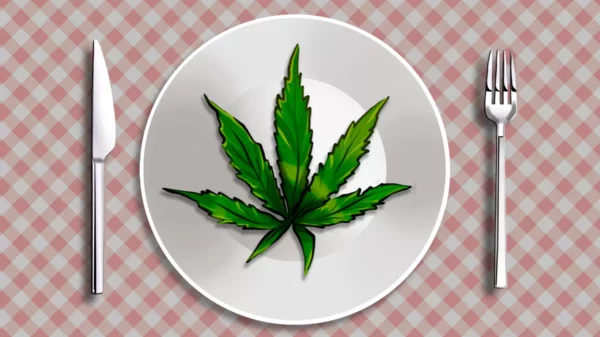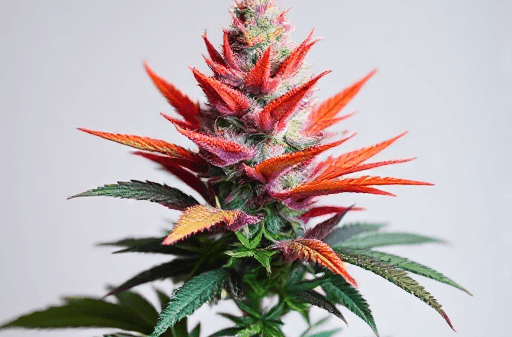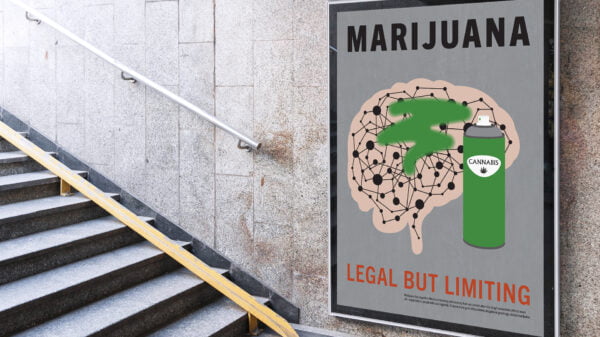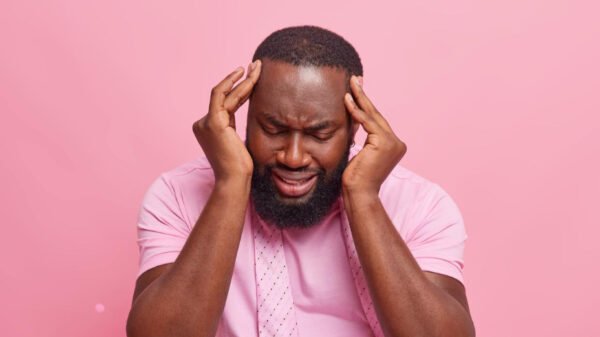More and more people are turning to cannabis to lose weight or in their quest for a good night’s sleep. With its legal status evolving and its popularity growing, the question begs: does cannabis help with sleep?
The Science of Cannabis and Sleep
The relationship between cannabis and sleep is intricate and not entirely understood. Cannabis contains several compounds, but THC (tetrahydrocannabinol) and CBD (cannabidiol) are most significant in the context of sleep. THC is the main psychoactive component, responsible for the “high,” while CBD is non-psychoactive and is thought to influence mood and a sense of well-being.
THC has been observed in some studies to have sleep-promoting effects at lower doses. However, higher doses of THC might lead to sleep disturbances, such as interfering with REM sleep — the stage of sleep where most dreams happen. Typically, since studies show higher doses may lead to poor sleep, it may be a good idea to stay away from cannabis with more than 20% THC. This complex nature of THC’s effects adds complexity to its use as a sleep aid.

CBD, on the other hand, might have an inverse relationship with sleep compared to THC. Some research suggests that higher doses of CBD may improve sleep. This is particularly intriguing because CBD does not have the psychoactive effects of THC, making it a potentially safer option for those concerned about the mind-altering effects of cannabis.
One of the key challenges in studying cannabis’ effects on sleep is the variability in cannabis products. Different strains and ratios of THC and CBD can lead to different outcomes. Moreover, individual reactions to these compounds vary greatly. This lack of uniformity makes it very difficult for scientists to control for other factors, which is why there is no real satisfactory research on the matter yet.
Cannabis may also affect sleep indirectly. For example, its pain-relieving properties can help individuals with chronic pain sleep better. Similarly, its anxiolytic effects might help reduce anxiety-related sleep disturbances. However, these indirect effects make it challenging to isolate the direct impact of cannabis on sleep mechanisms.
Conclusion
Despite these insights, the scientific community agrees that more research is needed to fully understand how cannabis affects sleep and to identify which individuals might benefit most from its use.





















































